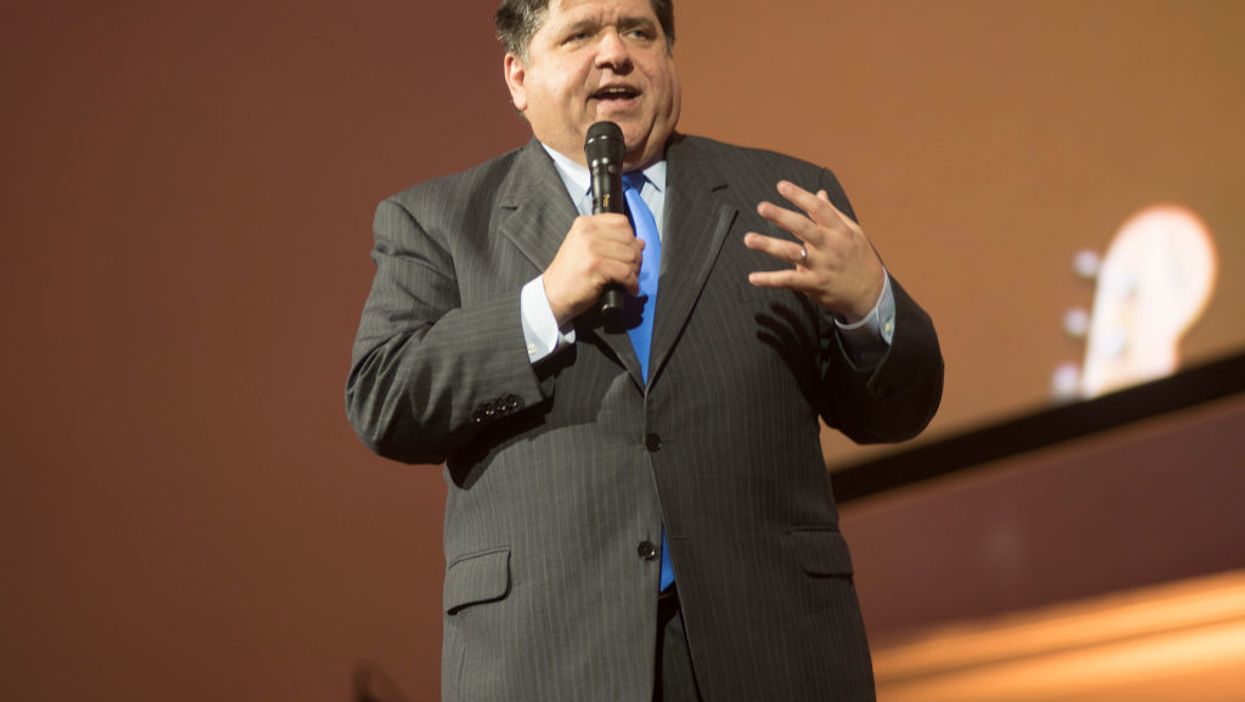New laws in Illinois and the settling of a lawsuit in Minnesota will ease voters' ability to use mail-in ballots.
On Tuesday, Illinois Gov. J.B. Pritzker signed two bills that collectively require vote-by-mail applications be sent to all recent voters, expand early voting hours and allow for curbside voting, amend the process used to verify signatures on mailed-in ballots, and designate Election Day a state holiday.
"In the face of a pandemic, massive economic upheaval, and renewed calls for racial justice, it's more important than ever that Illinoisans can hold accountable a truly representative and transparent government," Pritzker said.
The changes to voting procedures only apply to the Nov. 3 general election.
As with most states, voters in Illinois are required to sign their mailed-in ballots and that signature is verified by comparing it to what election officials already have on file. Voting rights advocates say those checking the signatures often have little or no training.
The new laws raised the standard for rejecting a mailed-in ballot. There is also a provision calling for creation of a bipartisan panel of three election judges to verify signatures. Now, one judge does that.
In Minnesota, a partial settlement of a lawsuit that challenged several rules regarding absentee ballots was announced Tuesday.
Under the agreement between Secretary of State Steve Simon and the ACLU, the requirement that absentee ballots include the signature of a witness is waived. Also, the deadline for absentee ballots to arrive at election offices will be extended to two days after election day. Normally, the deadline is 8 p.m. on the day itself.
Both of these changes are in response to the coronavirus pandemic and apply only to the August primary.
The agreement comes one day after a court ruled in favor of members of the Minnesota Democratic Farmer-Labor Party and threw out the method used to decide the order of candidates on the ballot.
A lottery will be used to determine the order on the ballot. Previously, the candidates from the major party with the least votes were placed atop the ballot, which meant that the GOP candidates were above Democrats.
Research cited during testimony in the case found that Republican candidates got a 2- to 3-percentage-point boost simply from being ahead of the Democrats on the ballot.




















Trump & Hegseth gave Mark Kelly a huge 2028 gift